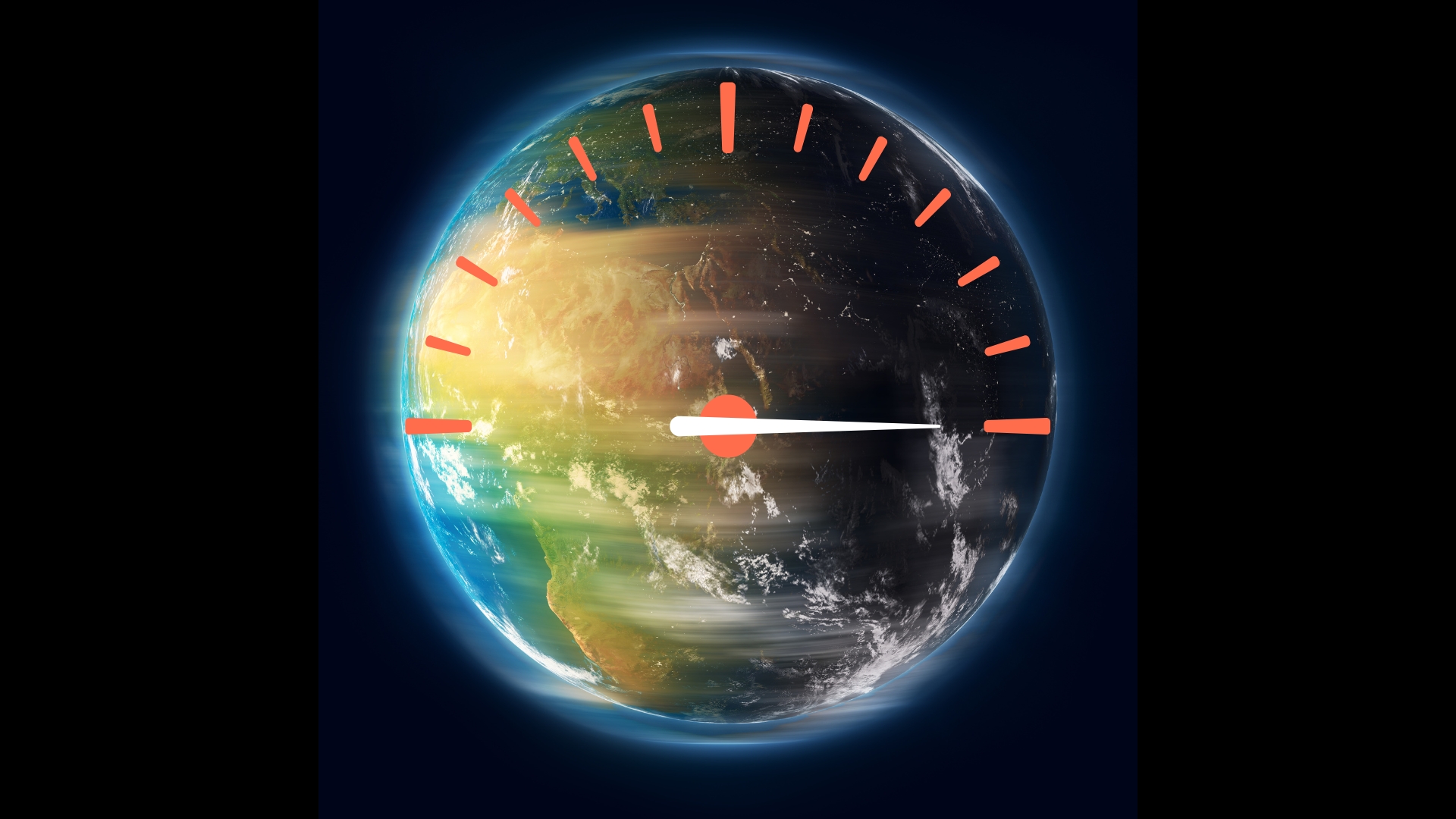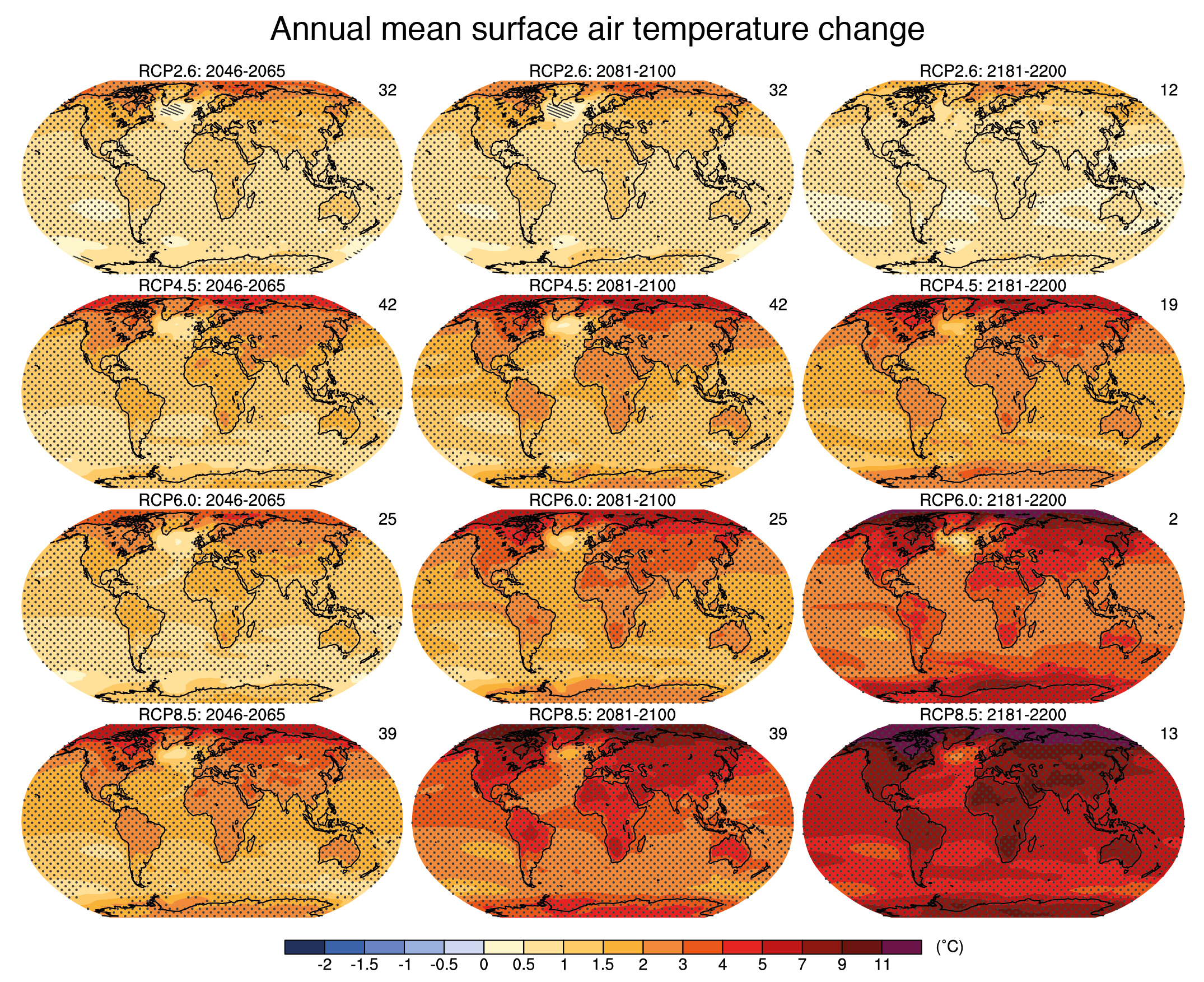The Earth's Rotation is Speeding Up: What It Means for Our Daily Lives

Introduction
The Earth's rotation has been gradually increasing its speed, causing days to become shorter. Scientists have been keeping a close eye on this trend, as it could have significant consequences for our timekeeping and daily lives. In fact, the International Earth Rotation and Reference Systems Service (IERS) recently announced that it may be necessary to add a "leap second" to our clocks to account for the Earth's faster rotation. But what is causing this change, and what could it mean for the future?
Key Details
One possible explanation for the Earth's increased rotation speed is the melting of glaciers and polar ice caps. As these massive bodies of ice melt, the distribution of mass on the Earth's surface changes, causing the planet to spin faster. This is just one of the many ways that climate change is impacting our planet in unexpected ways. Additionally, human activities such as mining and groundwater extraction may also be contributing to the Earth's faster rotation.
Impact
The potential consequences of a faster spinning Earth are vast. In addition to the need for a "leap second" to be added to our clocks, the increased rotation speed could also lead to stronger ocean currents and more intense storms. This could have a significant impact on coastal communities and the environment as a whole. It also raises the question of how we will adjust to a world where days are shorter
About the Organizations Mentioned
International Earth Rotation and Reference Systems Service
The **International Earth Rotation and Reference Systems Service (IERS)**, established in 1987 by the International Astronomical Union (IAU) and the International Union of Geodesy and Geophysics (IUGG), is a global scientific organization dedicated to providing precise data and standards on Earth rotation and reference frames essential for astronomy, geodesy, and geophysics[1][2][3][6]. It began operations on January 1, 1988, replacing earlier services like the International Polar Motion Service and the Earth Rotation Section of the Bureau International de l’Heure. In 2003, the organization adopted its current name to better reflect its expanded responsibilities[3]. IERS provides the **International Celestial Reference System (ICRS)** and its realization, the **International Celestial Reference Frame (ICRF)**, as well as the **International Terrestrial Reference System (ITRS)** and its realization, the **International Terrestrial Reference Frame (ITRF)**. These reference frames are fundamental for accurately determining Earth orientation parameters (EOP), which describe Earth's rotation and orientation changes in space and link the celestial and terrestrial coordinate systems[2][3]. Such data enable precise satellite navigation, space missions, and Earth observation technologies. A key role of IERS is maintaining global standards and conventions to ensure international consistency in measurements and models related to Earth rotation, geophysical variations, and timekeeping, including leap seconds. It serves as a scientific service under the International Association of Geodesy (IAG) and is a member of bodies like the International Committee on Global Navigation Satellite Systems (ICG)[2][6]. IERS collaborates with autonomous technical centers such as IDS, IGS, ILRS, and IVS, and institutions like the GFZ Potsdam, contributing to the Global Geophysical Fluid Center. It also manages precise local tie surveys at co-location sites worldwide to enhance reference frame accuracy[1][5]. Notably,







